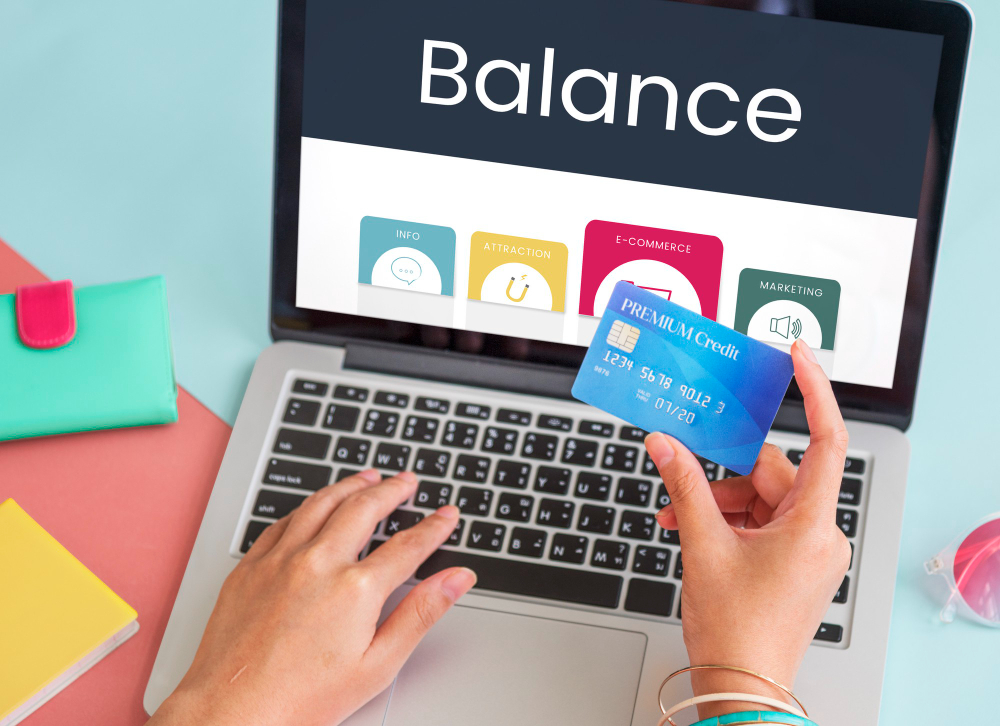Is Credit Score Important in Australia?
If you’re tuning into an American TV show or movie, chances are you’ve heard the term “credit score” thrown around with some weight behind it. While it’s not as front of mind for most Australians, it remains a pretty important piece for anyone looking to make big financial decisions.
Being aware of your credit score and how important it is to your everyday life can make the difference between landing your dream home and having to look elsewhere! In this article, we’ll dive into everything you need to know about credit scores in Australia.
Cross Utilities Off Your List
Get connectedWhat is a credit score?
A credit score essentially mentions your financial trustworthiness. This score tells major financial institutions how reliant your financial history is and helps determine the risk factor to lending you money or not.
For example, an individual who consistently repays their debts on time will have a greater credit score than someone whose borrowing history is a bit more inconsistent. The higher the score, the more likely a potential lender will willingly agree to a loan agreement with the borrowing party. This proves vital when it’s time to agree to a mortgage with a bank or even netting yourself a credit card.
How do I find my credit score?
In Australia, you’ll be able to find your credit rating through a credit reporting body, who are obliged to allow you access to your consumer credit report for free once every 3 months.
A free copy of your consumer credit report can also be obtained if you’ve been refused credit within the last 90 days or if any personal information that is credit-related has been adjusted. Outside of these details, you may be charged a fee to retrieve a copy of your credit report, but it mustn’t be excessive.
Any of the below credit bureaus will provide access to your credit report which displays your credit score, as well as your personal and financial information. These credit providers will also require confirmation of your name, date of birth, contact address and driver’s licence number.
You should request a copy of your report from several credit reporting bodies, as they may hold different information about you depending on the bureau.

How is my credit score determined?
Your credit score is calculated through several different key factors surrounding your credit history by credit reporting agencies.
These agencies will look at:
- Your credit cards and store cards.
- Your current credit limit.
- Accounts you’ve opened and/or closed.
- Your past and present debt, including any loan repayment difficulties.
- Loans (and loan applications) for personal, household, or family purposes; property purchase, refinancing, or renovation; or as a guarantor.
They will also monitor any history of bankruptcy, court writs and judgment defaults.
Once all these factors have been taken into account, your credit score will be ranked typically between 0 and 1,000 or 0 and 1,200 depending on the reporting body (remember, the higher the score the better!)

What is a good credit score?
Once you’ve managed to get your free credit score, it’s natural to wonder if your credit score is actually good or not! Thankfully, there’s an easy way to determine your credit score with a simple grading system over the aforementioned credit reporting bodies.
| Credit Score Range | Illion | Experian | Equifax |
|---|---|---|---|
| Excellent | 800-1000 | 833-1200 | 800-1000 |
| Very good (Great*) | 700-799 | 726-832 | 700-799 |
| Average (Good*) | 500-699 | 622-725 | 625-699 |
| Fair (Room for Improvement*) | 300-499 | 510-621 | 550-624 |
| Low | 0-299 | 0-509 | 0-549 |
The higher tiers of the credit score range will potentially allow for personal loans on better terms than what you’d receive with a lower score. The lower tiers will receive a less favourable rate or even have potential loans rejected!

How do I improve my credit score?
If your credit score isn’t as high as you’d like it to be, there’s no need to fret! Thankfully, your credit score isn’t fixed, meaning your score adjusts periodically when you receive your next credit report.
Once you’ve had a look over the information in your report to make sure everything is accurate, there are a couple of things you can do to make life easier with an improved score. These improvements include:
- Ensuring bills are paid on time
- Making repayments on time or ahead of schedule
- Avoiding unnecessary credit applications
- Don’t overextend yourself financially
Using a credit transfer to pay off outstanding balances can actually also positively affect your credit score, which is a handy way to get on top of your debts while also increasing your credit file!
Be sure to request your free credit report after 3 months so you can monitor potential improvement in your repayment history and credit health.
If you need help getting your utilities connected sorted, give MyConnect a call on 1300 854 478 or use our Get Connected form! All residents from Melbourne, Brisbane, Sydney and more can get connected today.



 Justyn Harrison
Justyn Harrison 






